The Bureau of Land Management (BLM) announced this week it will begin the process of amending resource management plans to allow new federal coal leasing in the Powder River Basin, which spans northeastern Wyoming and southeastern Montana.
This move reverses a Biden-era policy that halted new coal lease sales in the region earlier this year.
The agency’s decision follows directives from President Donald Trump, part of a broader initiative to increase fossil fuel production on public lands under executive orders titled Unleashing American Energy and Declaring a National Energy Emergency.
The proposed amendments to the BLM’s Buffalo (WY) and Miles City (MT) field offices management plans will be published in the Federal Register, initiating a 30-day public comment period set to close August 7, 2025. During this period, the public can review and submit feedback on the potential changes through the BLM’s online portals or by mail.
The Biden administration had finalized its decision to end new leasing in January, citing existing coal reserves already under lease—which are expected to sustain current production levels through 2040—as well as the need to curb carbon emissions and phase out fossil fuel use to address climate change.
In contrast, Trump’s administration argues that reopening leasing is necessary to meet rising energy demands and ensure the stability of the US power grid. The Powder River Basin remains the nation’s most productive coal region, supplying over 85% of all federal coal production and accounting for a significant share of US coal-fired power.
Industry advocates, including the National Mining Association, welcomed the announcement.
“We must acknowledge our energy reality, which means reversing prior ill-conceived and punitive policies,” spokesperson Ashley Burke said, noting increased electricity generation from coal in the first part of 2025 and stronger coal export activity.
Despite BLM’s identification of potential leasing areas spanning over 2,600 square miles—an area larger than Delaware—coal companies have not nominated any major new leases in more than a decade. Analysts suggest that recent tax and royalty cuts may now provide stronger incentives. These include a federal reduction in coal royalty rates from 12.5% to 7% and a Wyoming state severance tax cut from 6.5% to 6%.
Environmental groups, however, criticized the move. Earthjustice attorney Jenny Harbine said the leasing reversal “sells out our communities to further enrich coal industry executives,” pointing to health, climate, and market trends that increasingly favor renewable energy over coal.
The Powder River Basin has faced a gradual decline in coal production since its peak in 2008. While employment and mine counts have fallen, coal output slightly increased in early 2025 compared to the same time in 2024, according to state and federal data.
Members of the public interested in the proposed changes can find additional details and submit comments via the BLM’s Buffalo Field Office and Miles City Field Office websites. Comments may also be sent by mail to each respective office.
Contact Information:
BLM Buffalo Field Office
1425 Fort St., Buffalo, WY 82834
Project Manager: Tom Bills – [email protected] | (307) 684-1133
More details and comment submission links can be accessed through the BLM National NEPA Register.
With input from the Associated Press, WyoFile, and Bureau of Land Management.
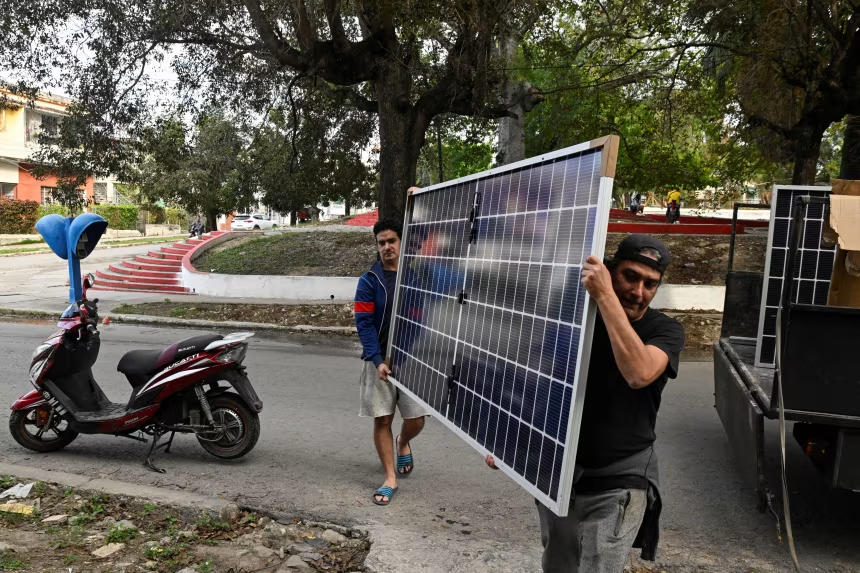
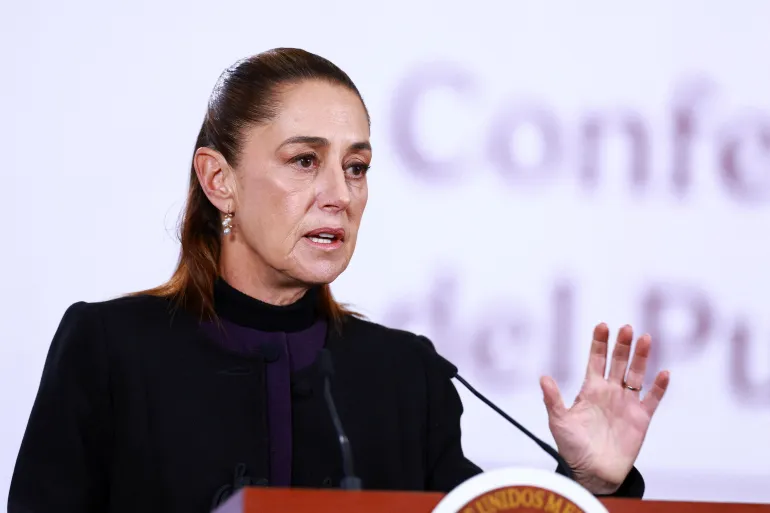
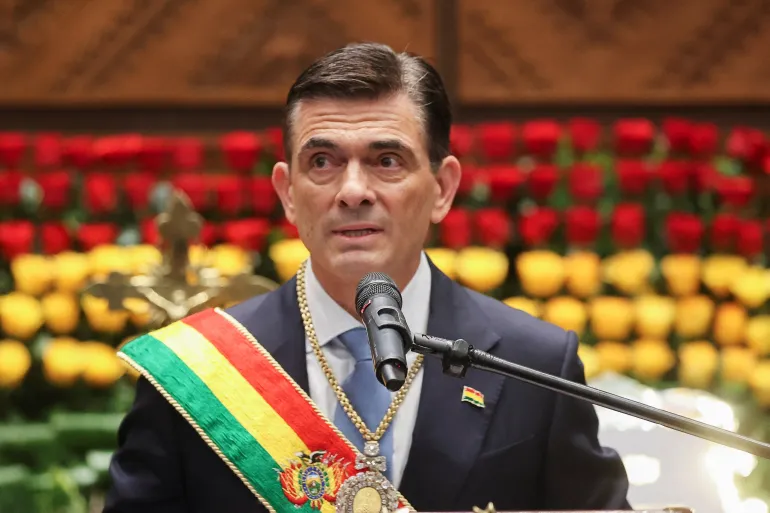

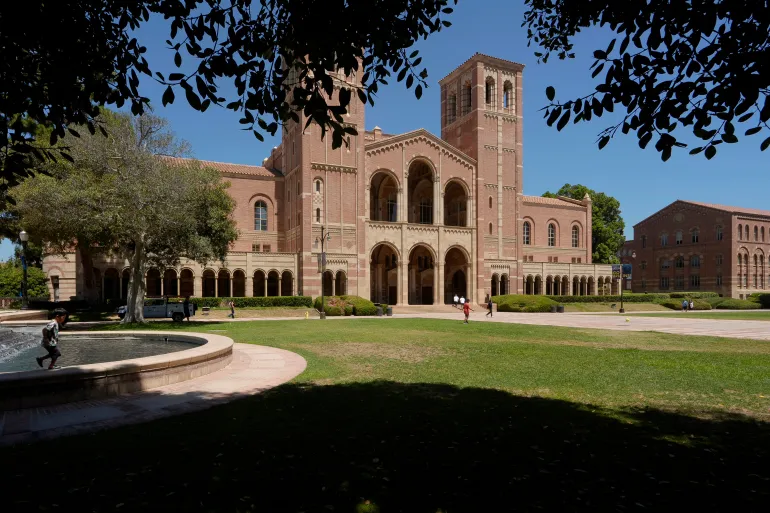
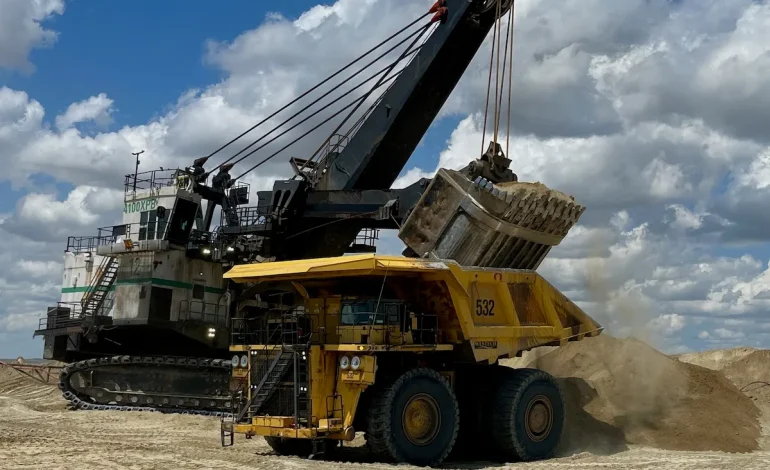




The latest news in your social feeds
Subscribe to our social media platforms to stay tuned